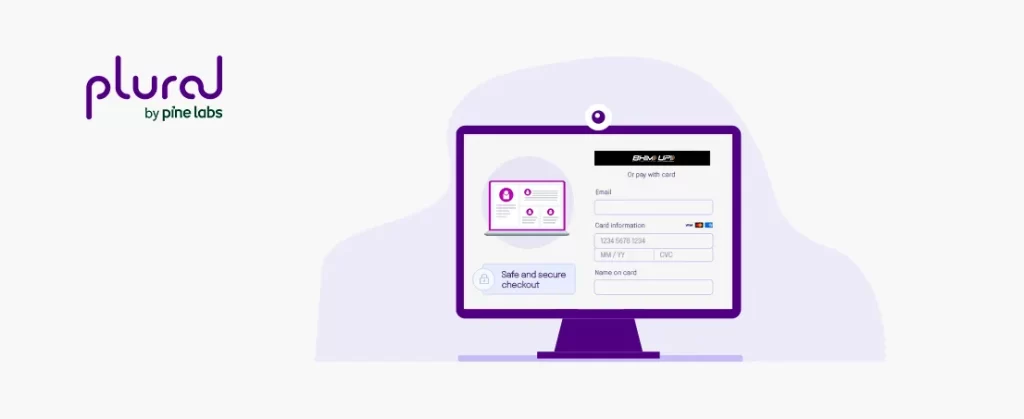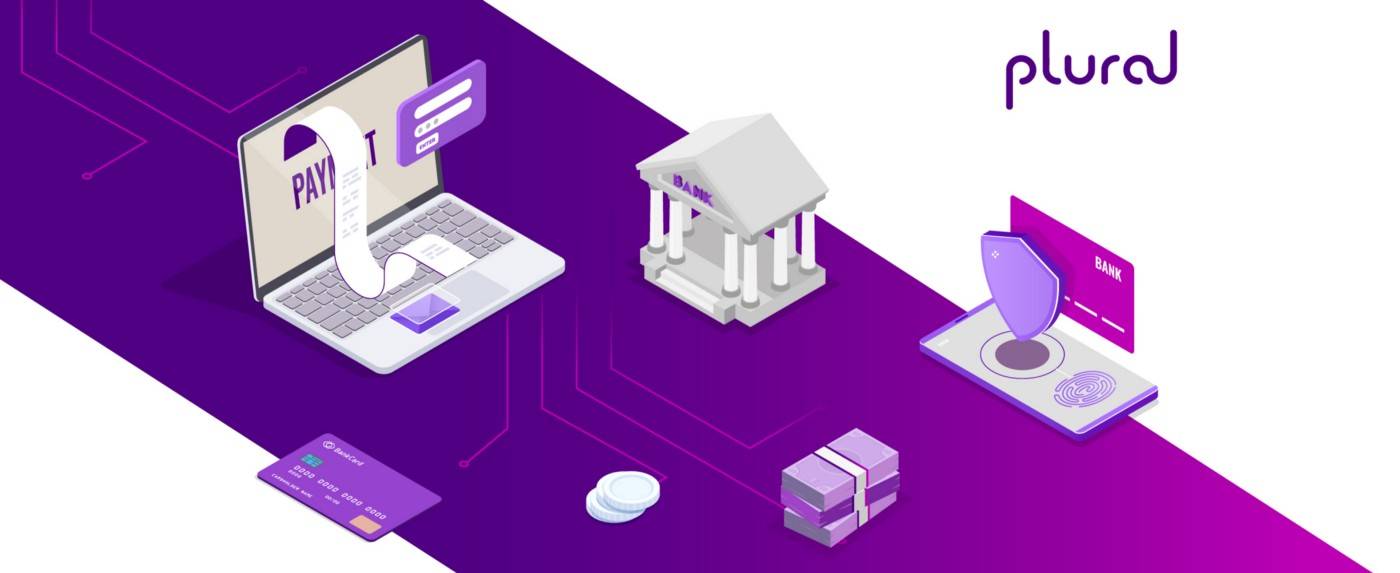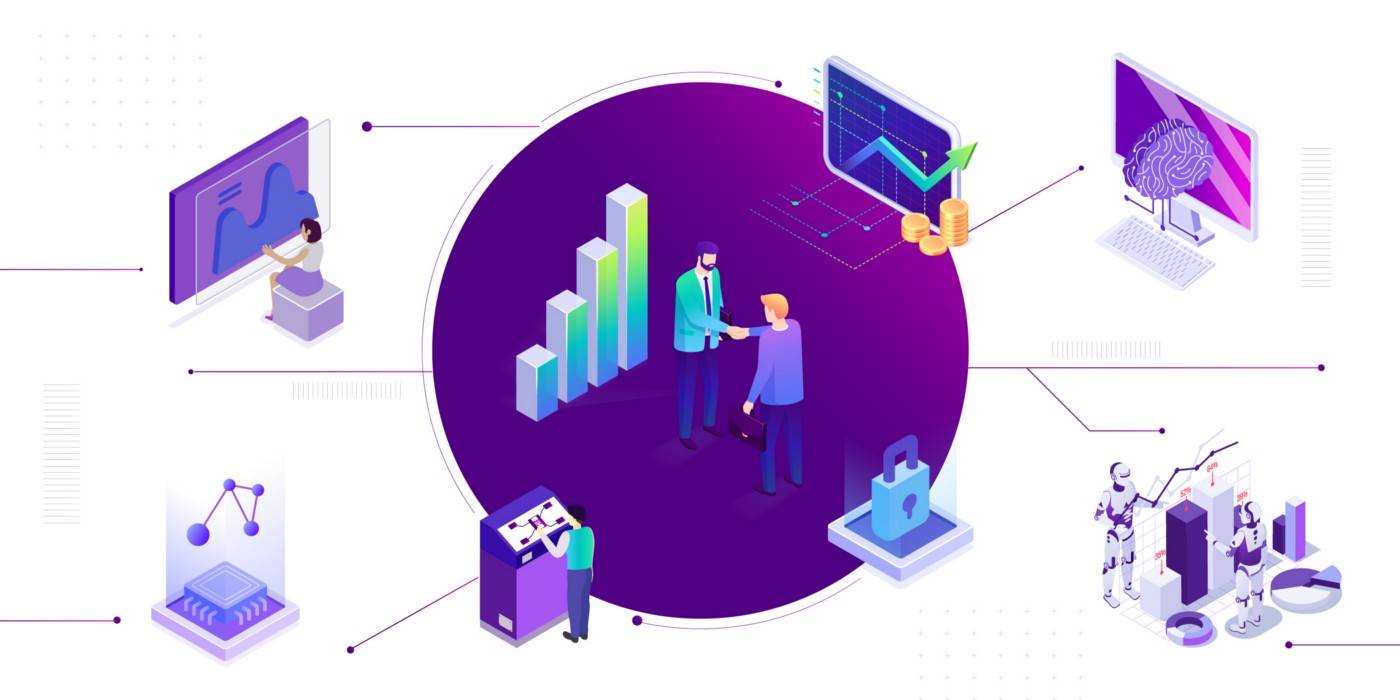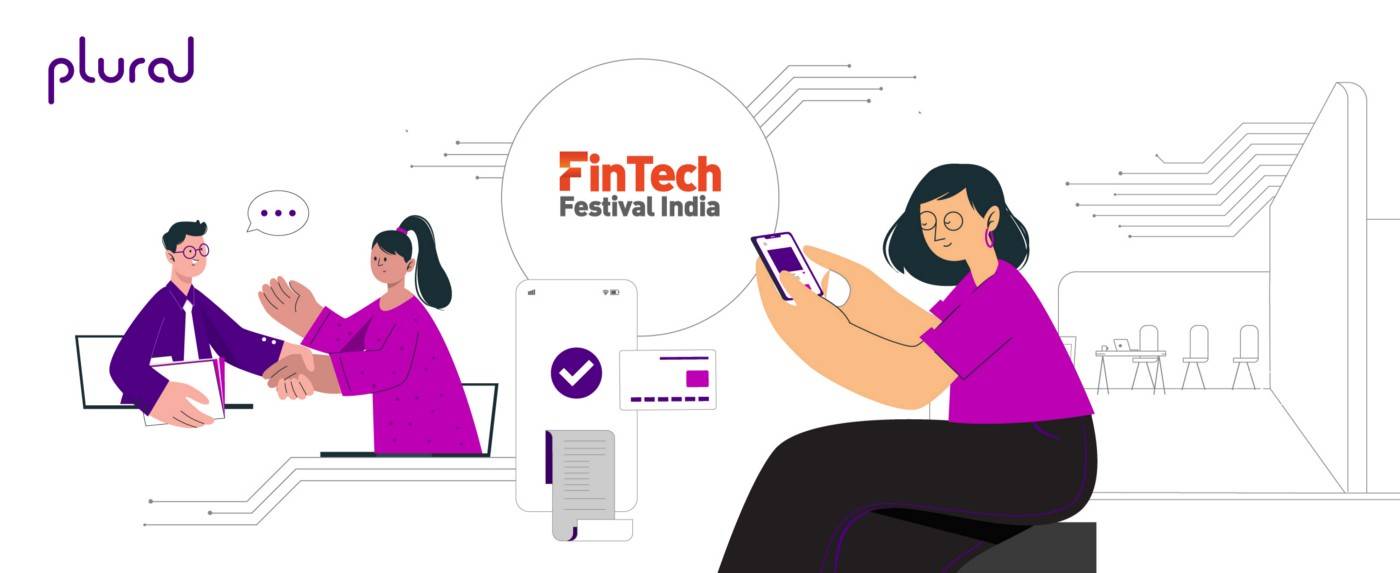Accepting online payments is a must for businesses in today’s cashless economy. It’s convenient for customers and helps your organisation grow, but it also comes with its fair share of risks.
One of the biggest concerns is the protection of customers’ financial information. The likelihood of going out of business due to reputational damage is high for almost 60% of companies impacted by a data breach.
This article will discuss the risks associated with online payments, best practices to protect customers’ financial information, and additional tips to enhance security. We will also highlight a solution that you can use to protect financial information during online payments.
Risks associated with online payments
Digital payments come with several risks that you must be aware of. These are the most common threats your business could face:
- Identity theft: Cybercriminals can steal personal information such as names, addresses, and social security numbers, which can be used for identity theft.
- Credit card fraud: They can steal credit card information such as card numbers, expiration dates, and security codes, which can be misused for fraudulent transactions.
- Malware attacks: Cybercriminals can use malware to infect computers and steal financial information. In 2022, 82% of ransomware attacks targeted small businesses (less than 1000 employees).
Financial and legal repercussions of a financial data breach
Regulatory bodies can impose hefty fines and penalties if you fail to protect financial information given out by your customers. Not just that, customers have the right to pursue legal action against your company. A data breach also damages your customer’s trust in you, ultimately leading to revenue loss.
Best practices for businesses to protect financial information during online payments
To protect financial information and provide a secure payment gateway, businesses should take these actions:
1. Use secure payment systems
Your payment systems must comply with Payment Card Industry Data Security Standards (PCI DSS). PCI DSS is a set of security standards businesses must follow to protect customer data during payment transactions. A secure, PCI DSS-compliant payment system like Plural’s payment gateway (PG) can help you protect financial information.
It uses the latest and most advanced encryption technology to safeguard customer data and is easy to integrate into your existing payment system. Our payment gateway also provides real-time reporting and fraud detection tools, making monitoring transactions for fraudulent activity easier.
2. Keep software up to date
Businesses should regularly update the operating system, browser, and anti-virus software to prevent malware attacks. Such attacks can compromise customer data and lead to financial losses and damage the business’s reputation. Regular updates ensure the latest security patches are installed, minimising the risk of a malware attack.
3. Implement strong password policies
To protect financial information, enforce strong password policies. Leverage these tips for implementing strong password policies:
- Make it mandatory for your employees to change their passwords every three months.
- Encourage using unique and complex passwords that include upper and lowercase letters, numbers, and special characters.
4. Monitor transactions for fraudulent activity
Use fraud detection tools to identify and prevent any suspicious transactions, investigate them immediately, and take appropriate action.
Listed below are some fraud detection tools used to protect financial information:
- Fraud scoring systems: These systems assign a score to each transaction based on its likelihood of being fraudulent. The score is based on various factors, such as the customer’s purchase history and behaviour, the transaction’s location and the amount.
- Rule-based systems: They use a set of predefined rules to detect and prevent fraudulent activities. These rules are based on past fraud cases and are designed to identify specific patterns of fraudulent behaviour.
- Artificial intelligence/machine learning-based fraud detection systems: These systems use machine learning algorithms to analyse large amounts of data and reveal patterns that indicate potential fraud. They can be used to detect fraudulent activities such as identity theft, credit card fraud, and money laundering.
5. Train your employees
Educating your employees on data security best practices is crucial for protecting your customer’s financial information. Your employees must understand the risks of data breaches and be aware of security policies and procedures.
Additional tips for businesses to protect customers’ financial information
Take a look at these bonus tips to protect financial information:
1. Implement two-factor authentication
Two-factor authentication (2FA) is a popular security measure that requires users to provide two forms of identification before accessing an account or performing a transaction. When an additional security layer is added through 2FA, hackers don’t gain access to private information easily.
Most 2FA systems use a combination of a password and a unique code that is sent to the user’s phone or email. According to research, 68% of businesses use mobile push notifications for 2FA.
2. Adopt a card tokeniser solution
With tokenisation, customers’ card details will be masked behind a token, facilitating transactions only through the token. This makes the transaction highly secure and nearly impossible to hack. Read more here.
3. Use a secure network
One of the most common ways cybercriminals gain access to sensitive data is by exploiting a company’s network vulnerabilities. To protect against this, implement secure Wi-Fi and firewall systems and restrict access to sensitive data.
Also, ensure that all network equipment is up to date and that security patches are applied as soon as they become available. This can help prevent known vulnerabilities from being exploited, protecting financial information of your valuable customers.
4. Conduct regular security audits
Regular security audits and risk assessments can help you discover potential weaknesses in your security systems and take proactive steps to address them. This can include everything from reviewing access controls and permissions to testing the effectiveness of intrusion detection and prevention systems.
By carrying out routine assessments and audits, businesses can pinpoint possible threats before they become major issues and take steps to mitigate them.
5. Create a plan for emergencies
Data breaches can still slip through the cracks even with the best security measures. To minimise the impact of a breach, you must have a plan in place for responding to them.
This plan should include clear guidelines for notifying customers and regulators, as well as procedures for investigating the breach and mitigating any damage that has been done.
6. Consider working with a third-party security provider
Working with a third-party security provider can be an effective solution for businesses that lack the resources or expertise to implement comprehensive security measures in-house. These providers offer a range of security services, including threat monitoring and response, penetration testing, and security consulting.
To sum up
Protecting your customers’ sensitive financial information during online payments is pivotal for maintaining their trust and avoiding legal and financial repercussions. You can successfully protect financial information by using secure payment systems, keeping software up to date, and implementing strong password policies.
Consider enacting additional security measures such as two-factor authentication, routine security audits, and collaboration with third-party security providers.
At Plural by Pine Labs, we provide a comprehensive online payment gateway designed to help you secure customers’ financial data during online transactions. We do not store any sensitive data.
We have invested in industry-standard security systems to ensure data is secure. Firstly, we are PCI SAD Q compliant. Next, we use the highest SSL encryption to ensure complete security of sensitive payment data. Lastly, we replace 16-digit card numbers with tokens as per RBI regulations, to lockdown on security and limit data exposure.
Contact us at pgsupport@pinelabs.com to learn how our payment gateway can help your business with secure transactions to avoid legal ramifications and sustain its reputation.

Amrita Konaiagari is a Marketing Manager at Plural by Pine Labs and Editor of the Plural blog. She has over 10 years of marketing experience across Media & Tech industries and holds a Master’s degree in Communication and Journalism. She has a passion for home décor and is most definitely a dog person.




